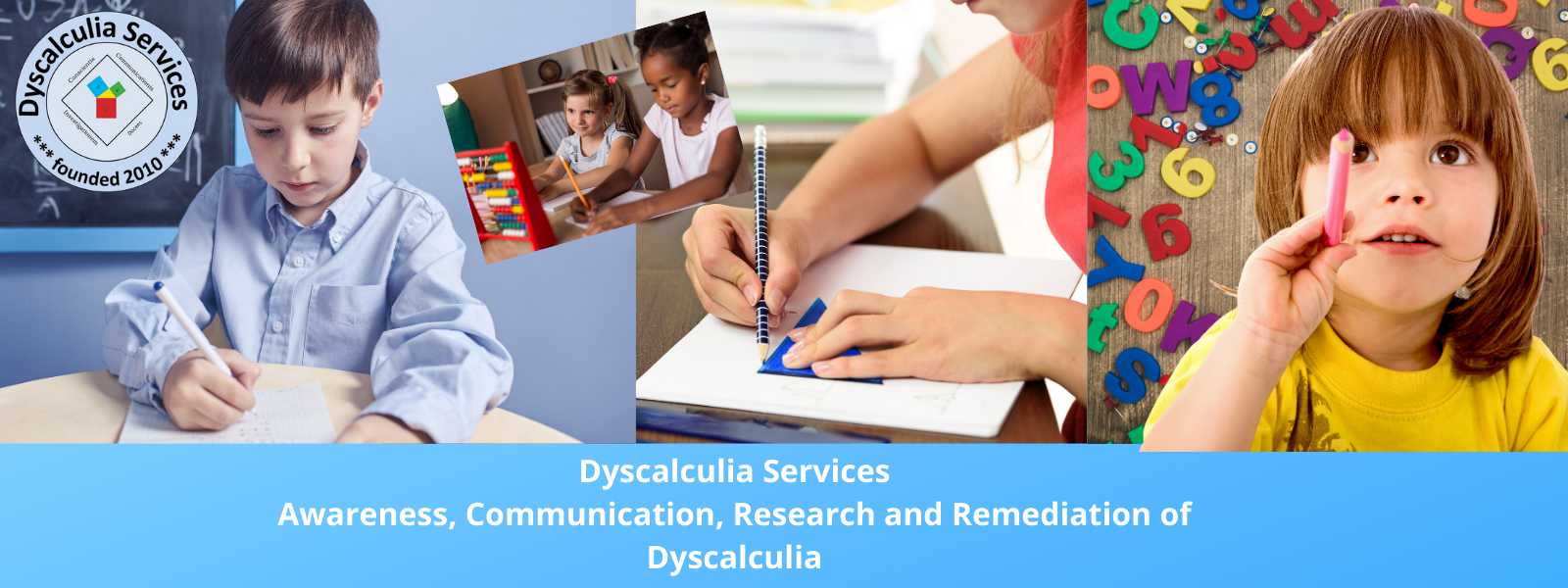Math Anxiety is real, it is different from general anxiety and has a detrimental impact on math learning. A child who struggles with math goes through an hour of discomfort or outright stress and humiliation each day in school, and this is repeated after school doing math homework.
This usually culminates in feelings of incompetence and failure every six weeks when report cards are going home.
It sets in a downward spiral of anxiety, avoidance and low self esteem, while the teacher and parents push more to get the math work done, not understanding why those few problems can be so troublesome.
If this sounds familiar to you, don’t settle for ‘my child is just not a math person’. Children and adults with dyscalculia can master math when they get special instruction on their level, in their pace in a multisensorial way, combining visual, auditory, sensorial, and kinesthetic learning. Children who struggled initially who received tailored instruction in a positive atmosphere have soared.
Children and adults with dyscalculia may also have symptoms of dyslexia, ADD/ADHD, and dysgraphia. Those children need an even more personally tailored approach to learn math.
